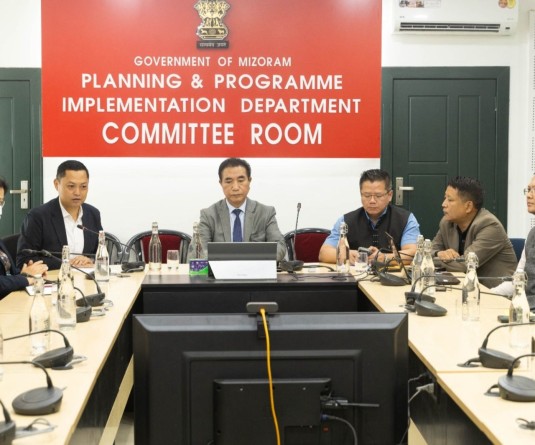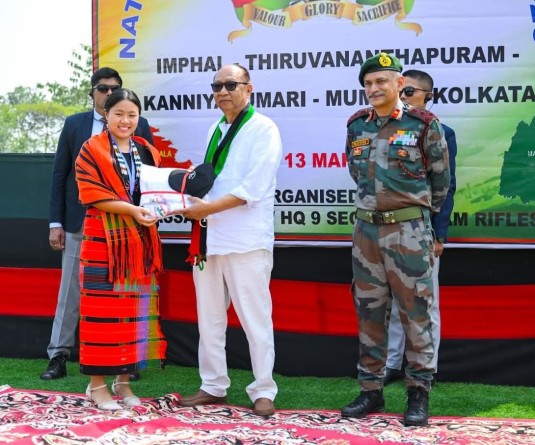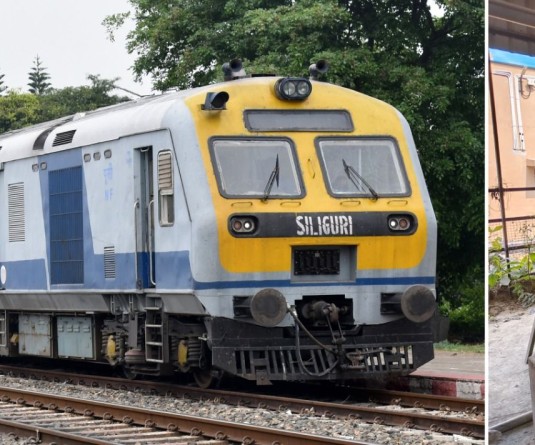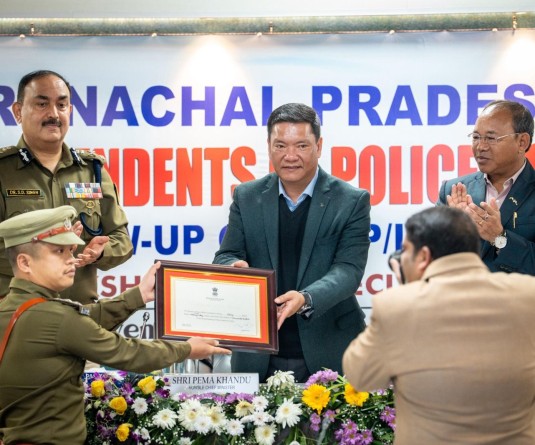
Newmai News Network
Senapati | October 30
The Mao Council on Thursday stressed that contemporary realities should not be the dominant factor against the merit of the Naga case in the ongoing Indo-Naga negotiation “at this critical juncture.”
It also said, “It is our strong conviction that the legitimacy of Naga Flag, Naga Constitution and Naga Unification, given the unique history and situation of the Naga people cannot be undermined by the contemporary realities.”
In a press statement, the Mao Council asked, “How will our history and identity be asserted and carried forward without Naga Flag, Naga Constitution and the unification of Nagas?”
It further asked, “Can the settlement be honorable and acceptable when the historical mismanagement is not addressed with the fundamental of political restitution?”
The Council then said the Nagas have endured great sufferings and losses over decades - killings, tortures, rapes, burning down of villages and granaries, groupings, refuge in the jungles for months, and many more, because they asserted that they are Nagas and espoused their legitimate political aspirations for self determination. It also said many have died and much blood was shed defending the land, culture and core values of the people.
“Realising that the Naga issue is political in nature and cannot be solved militarily, the second Indo-Naga ceasefire was signed in 1997,” it reminded. The Mao Council also said the unique history and the situation of the Nagas became recognised by the Government of India in 2002. “An agreement on the framework for settlement of the Indo-Naga issue was signed in 2015. These are facts of history,” the statement also said.
The Council then said the contemporary realities, in other words, the complexities of the present day are but the by-products of the Naga people having been managed with a law and order approach by the Government of India for decades.
It then said even after declaration of the 1997 ceasefire this approach is being continued by the “Government of India agencies” and in more sophisticated forms.
“Today, the Naga political movement conceptualized, propagated and sustained by our visionary leaders after much twists and turns has arrived at the point of reckoning,” the Council stated.
According to the Mao Council, the “internal contemporary realities” of the Naga people are one of the differences in understanding and positioning, and the distance of the minds and hearts that have widened over the years. The Council also said it has become more complicated with the “external manipulations of our situation and in this lies our vulnerability”. The Council further said the way forward from this “seemingly impossible situation will be to allow our enlightened spirit to embrace the higher and bigger possibility in the collective future where all will be vindicated and none excluded”. The Council added, “It is our great hope that what is prayerfully and painstakingly upheld by the Nagas will surely be ordained by God”.
It then said Nagas are greatly blessed by the Almighty with the leadership who have resolutely held “our ground” with clarity and vision in the negotiation. While endorsing the leadership, “we continue to uphold them in our prayers for good health, strength and guided wisdom”.
Through this statement, the Mao Council said, “We also join the Naga fraternity to appeal to the leadership of India, which has recognised the unique history and situation of the Nagas to courageously act out in letter and spirit and take forward the Indo- Naga peace dialogue to the logical conclusion of an enduring peaceful coexistence of the Nagas and the great Indian nation”.






